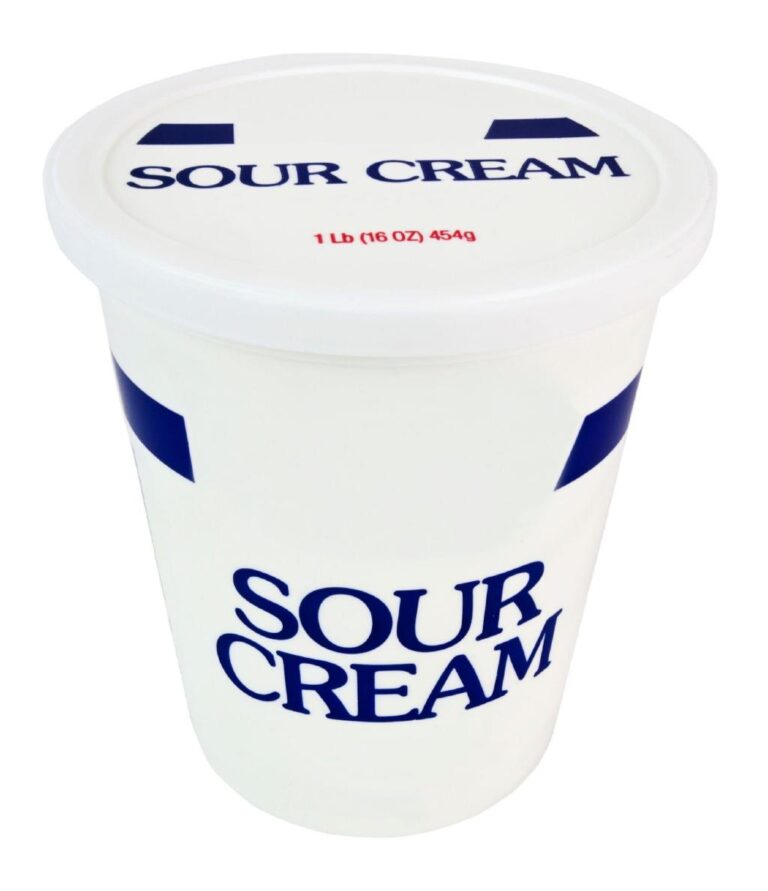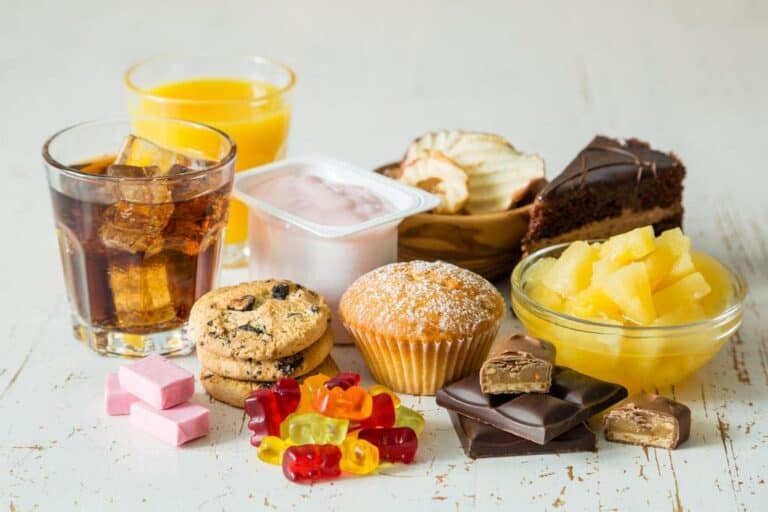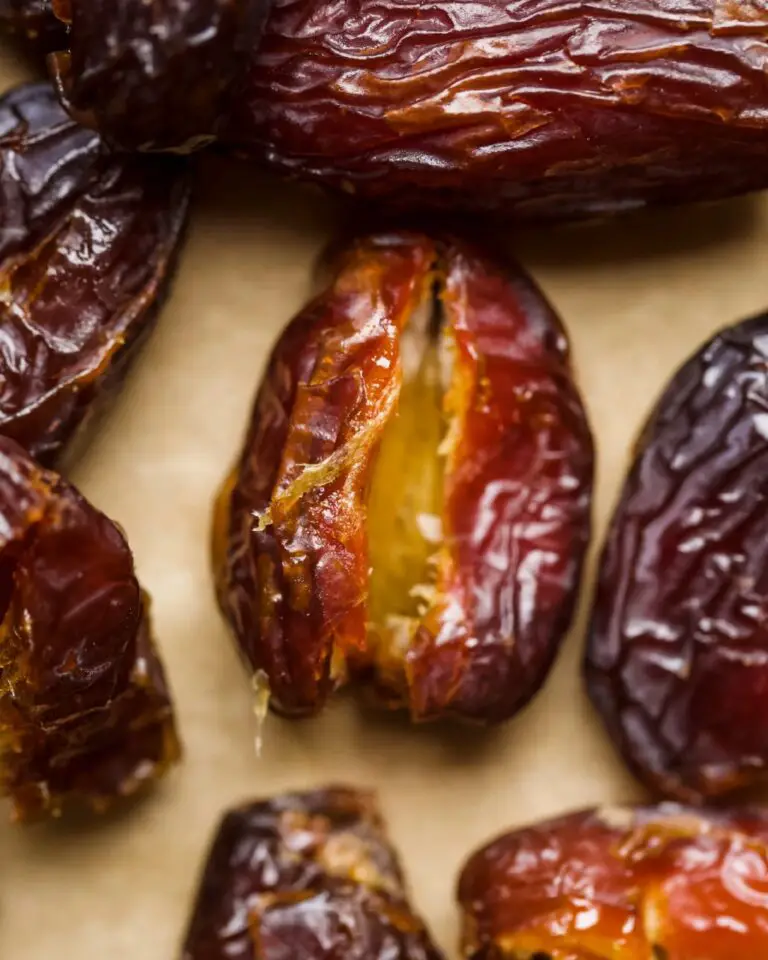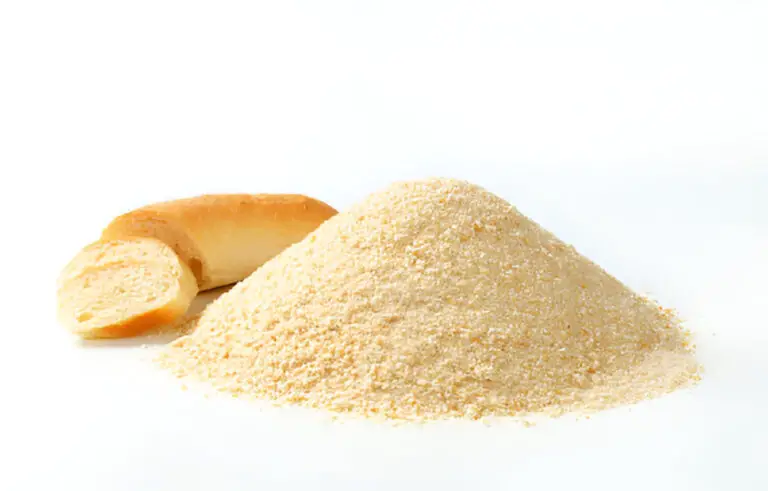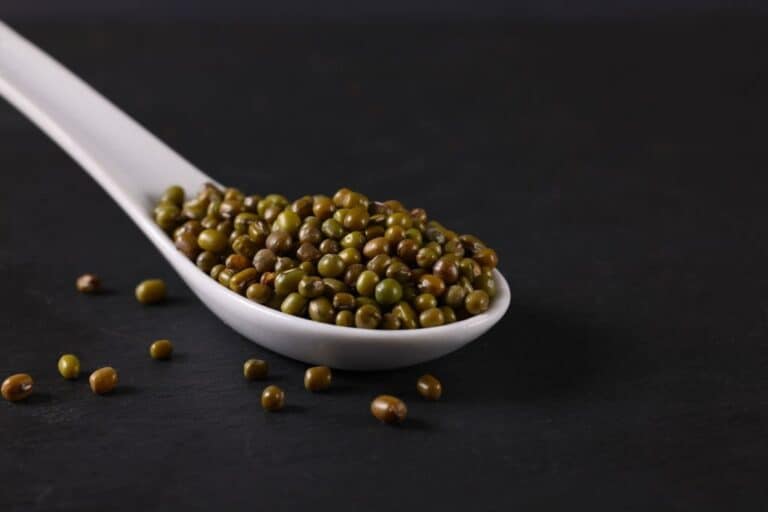Apples and Oranges: Can They Share the Same Shelf Storage?
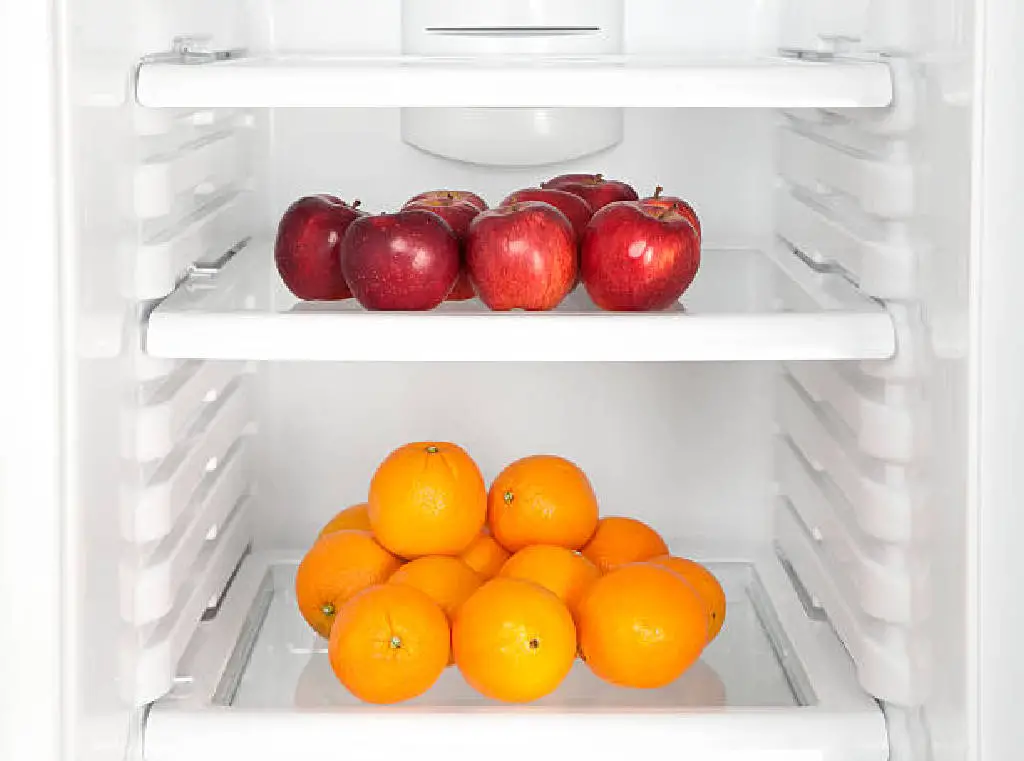
We often store fruit in the fruit bowl or refrigerator drawer without giving it much thought. But the real question is: can we store apples and oranges side by side on the same shelf, or will they always remain separate, like the apples and oranges we often compare?
Upon further investigation, I discovered that the situation is not as straightforward as it appears. Turns out, these two fruits are more like rival roommates than best buds when it comes to storage. Let’s delve into the specifics of storing apples and oranges, and discover how to maintain their freshness for an extended period!
Understanding How Fruits Breathe (Yes, They Really Do!)
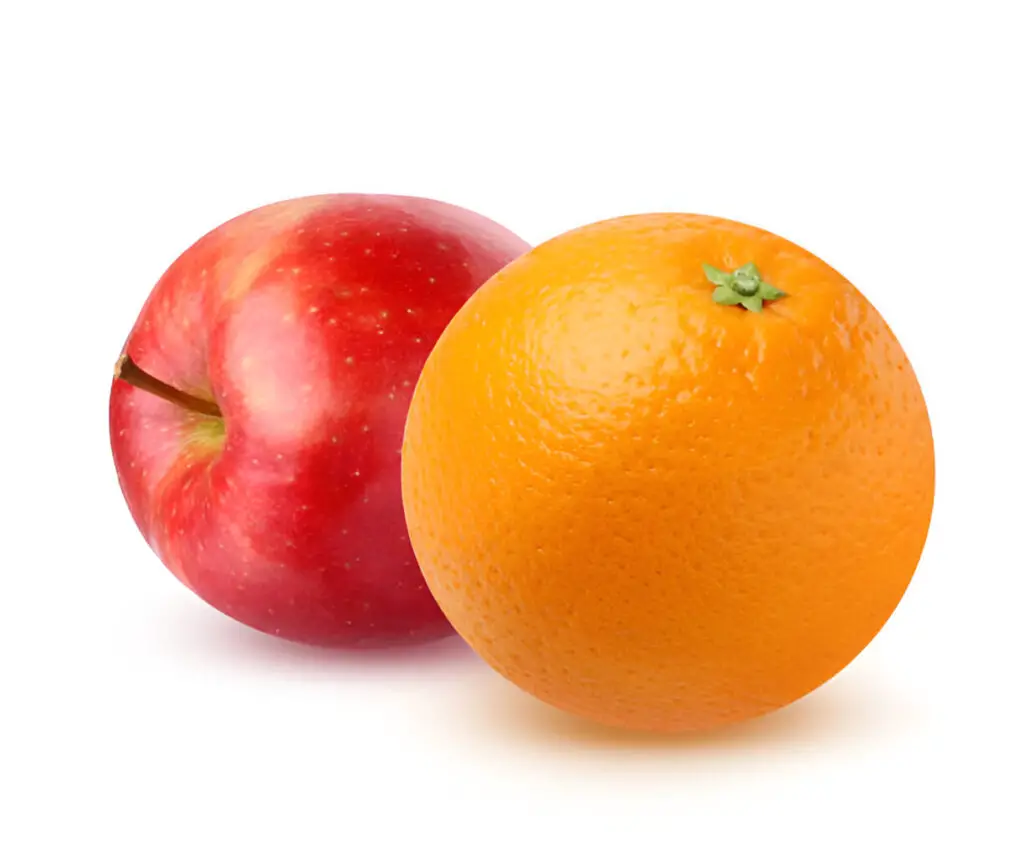
First things first: fruits aren’t just passive little orbs of flavor; they’re actually alive, constantly ripening, and emitting gases. Apples and oranges each release something called ethylene gas—a ripening hormone that accelerates spoilage for certain fruits and vegetables. But the catch? They don’t release the same amount, and they certainly don’t respond to it the same way.
| Fruit | Ethylene Gas Production | Sensitivity to Ethylene |
| Apples | High | High |
| Oranges | Low | Low |
So, when we store apples and oranges together, apples—those ethylene-producing champs—can speed up the ripening of certain other fruits. Oranges, on the other hand, don’t emit as much ethylene and aren’t as susceptible to it. But when apples get cozy with other fruits, they may unintentionally speed up the process, causing oranges to dry out faster than they would if stored alone.
The Problem with Putting Apples and Oranges Together
Let’s break it down into plain terms. Here’s what happens when apples and oranges share the same storage space:
- Apples Release Ethylene: Apples, especially when they’re fresh, produce a significant amount of ethylene gas, which can affect the freshness of nearby fruits.
- Oranges Are Less Ethylene-Friendly: Although they don’t rot faster, oranges can lose moisture and flavor when exposed to ethylene over time.
- Dryness and Spoilage: With prolonged exposure, apples might cause oranges to develop a tough, dry skin, altering their taste and texture.
This all means that, while apples and oranges can technically share a shelf, they’re better off on separate levels. Keeping them apart helps to maximize their shelf life and preserve that juicy flavor we’re after!
How to Store Apples and Oranges for Maximum Freshness
Now that we know they don’t get along too well, let’s talk about the ideal way to store these fruits to keep them in tip-top shape.
1. Give Apples Their Own Space
Apples thrive when kept cool and dry. Here’s how to make the most of their shelf life:
- Temperature: Aim for a cool, dark spot—ideally, the crisper drawer in your fridge. Apples can last up to four weeks when stored in these conditions.
- Separation: Apples don’t play well with other fruits. Store them in a plastic bag with tiny holes to control moisture while allowing some airflow. This will help contain their ethylene gas and prevent it from spoiling other fruits.
- Check for Ripeness: Keep an eye on apples for any signs of bruising or soft spots, as damaged apples release more ethylene.
2. Store Oranges in a Humid Environment
Oranges, with their thick skins, need a slightly different storage approach:
- Temperature: Oranges can handle room temperature, but for longer storage, the fridge works best.
- Humidity: Unlike apples, oranges love a little moisture. Try storing them in a produce bag or a crisper drawer with high humidity settings.
- Avoid Plastic Bags: Oranges need some air circulation to prevent mold, so avoid sealing them in plastic bags.
3. Avoiding the Ethylene Effect
| Ethylene-Sensitive Fruits | Ethylene-Producing Fruits |
| Bananas | Apples |
| Avocados | Pears |
| Leafy Greens | Tomatoes |
| Berries | Kiwis |
Since apples are high ethylene producers, avoid placing them near ethylene-sensitive fruits like bananas or avocados. Oranges aren’t as affected by ethylene, but to play it safe, keep them on a separate shelf from other high producers like apples and pears.
Can Apples Be Stored With Other Citrus?
When it comes to storing apples and citrus fruits together, the general answer is yes, but with some exceptions. Apples produce ethylene gas, which speeds up ripening and can affect nearby fruits. Thankfully, most citrus fruits, like grapefruits, aren’t particularly sensitive to ethylene, making them safe to store with apples without any adverse effects.
Which Citrus Fruits to Keep Away from Apples
Not all citrus fruits react the same way, though. Tangerines, pomelos, sudachi, limes, and lemons can be more vulnerable to ethylene, which may cause them to dry out or spoil faster. To keep these fruits at their best, store them separately from apples.
| Citrus Fruits Safe Near Apples | Citrus Fruits to Store Separately |
| Grapefruits | Tangerines, pomelos, sudachi, limes, lemons |
Tips for Storing Apples with Citrus Fruits
If you’re aiming to keep your citrus fresh for longer, consider these tips:
- Separate Storage Containers: Use different containers for apples and citrus if you plan on storing them for an extended period.
- Cool, Dry Storage Area: Both apples and citrus last longer in cool, dry, and well-ventilated spaces.
- Regular Inspection: Check for any signs of spoilage and remove affected fruits immediately to avoid spreading decay.
These simple practices can help you enjoy your fruit longer and prevent unnecessary spoilage!
Practical Tips for a Perfect Fruit Bowl
It’s tempting to pile all our fruit together in one decorative bowl, but for a longer-lasting fruit bowl, here’s a quick breakdown:
Room Temperature Fruits
- Bananas, avocados, citrus (like oranges), and tomatoes can be left out.
- Keep apples, pears, and ethylene-sensitive fruits separate if you want them to last longer.
Fridge-Friendly Fruits
- Apples, grapes, berries, and citrus can all benefit from cooler temperatures, but keep the apples away from ethylene-sensitive ones.
Creative Storage Solution: Fruit Baskets with Dividers
If you’re aiming for an aesthetically pleasing fruit bowl, try one with compartments or dividers. This keeps apples, oranges, and other fruits together but allows enough separation to avoid spoilage issues. You get the best of both worlds: beautiful storage and fresh fruit!
How Long Do Apples and Oranges Really Last?
Wondering how long you can keep your apples and oranges around? Here’s a quick rundown based on different storage options.
| Fruit | Counter (Room Temp) | Refrigerator (Crisper Drawer) |
| Apples | 1 week | 4-6 weeks |
| Oranges | 1-2 weeks | 2-3 weeks |
Apples last much longer in the fridge, making them ideal for long-term storage. Oranges can hang out on the counter for a couple of weeks, but in the fridge, they’ll stay juicy for a bit longer. Either way, keeping them apart preserves their texture, flavor, and freshness.
| Check out: Do Dried Fruits Need To Be Refrigerated? |
A Few Handy Hacks to Keep Your Fruit Fresher
When it comes to storage, a little effort goes a long way. Here are a few bonus tips to maximize fruit freshness:
- Wrap Apples in Newspaper: This old trick prevents apples from bruising each other and absorbing too much moisture.
- Use Perforated Bags: Store apples and oranges in bags with tiny holes to control airflow and prevent excess moisture.
- Remove Spoiled Fruit Immediately: Spoiled apples release even more ethylene, accelerating decay in nearby fruits.
- Rotate Your Fruit: Place older fruit at the front so you’re reminded to eat it first. This keeps the newer fruit fresh and reduces waste.
Final Thoughts: Keeping Apples and Oranges Apart Makes All the Difference
While apples and oranges don’t have an all-out feud, they’re definitely not a match made in storage heaven. When you keep them apart, you’ll notice they last longer, taste fresher, and reduce waste—a win-win for both your taste buds and your grocery budget.
In the end, it’s not so much that they’re fundamentally incompatible, but they just have different needs. And much like roommates with different lifestyles, a little space goes a long way. So the next time you’re arranging your fruit, remember: apples and oranges are better off on their own shelves.

